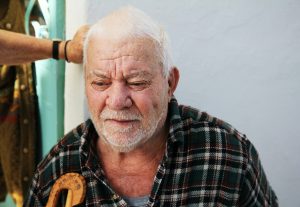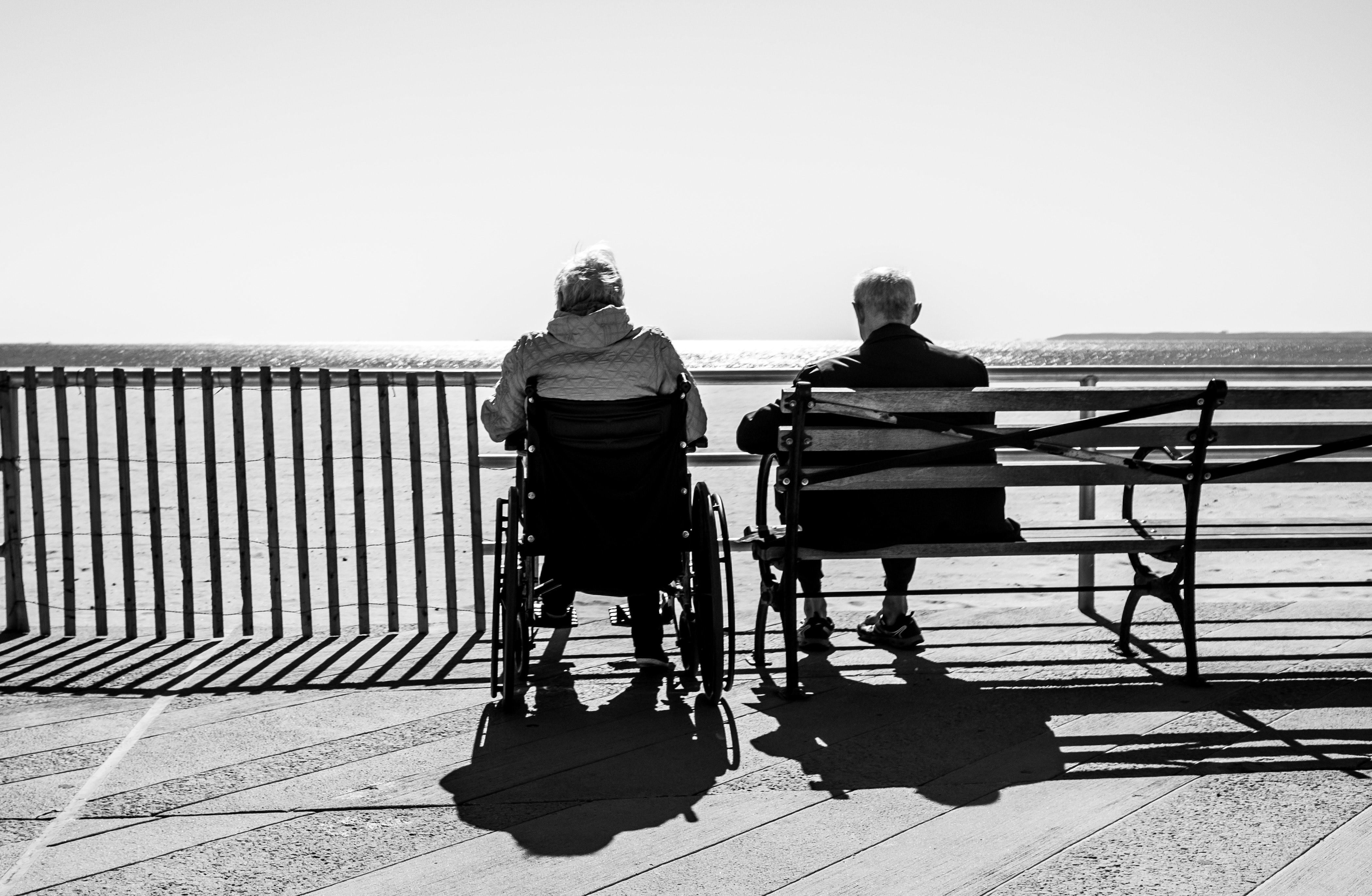Nursing homes have become epicenters of COVID-19, kicking out Medicaid residents.
Nursing homes are struggling amid the COVID-19 pandemic primarily because post-surgery rehab, an especially profitable service, waned with the elimination of nonessential procedures. To make up for the hit to the bottom line, many facilities began taking in coronavirus clients instead. But this meant having to free up space, so those paying with Medicaid were, in many cases, thrown out on the streets in favor of more profitable residents. In most states, Medicaid support is only available if families place their loved ones in a nursing home, so doing so is common practice.
RC Kendrick, an 88-year-old with dementia, was living at Lakeview Terrace, a nursing home in Los Angeles with a history of dysfunction, when he became one of the thousands involuntarily evicted. His family had moved him into the center after he began disappearing for days at a time and it become clear he was no longer able to live safely on his own.

Yet, even with this knowledge, the home’s staff apparently did not think he was enough of an asset to retain. On April 6, Lakeview moved Kendrick to an unregulated boardinghouse without telling his family and he was found wandering around the city a day later. According to three anonymous members of Lakeview’s staff, the decision to move Kendrick came after they were told to clear out less-profitable residents in favor of those with COVID-19.
More than 51,000 residents and employees of nursing homes and long-term care facilities have died amid the coronavirus, representing more than 40 percent of the fatalities the United States. But even with these high numbers, the facilities have been tasked with relieving overburdened hospitals during the pandemic. And many have gladly answered the call because of the boost to the bottom line.
Although an official from Lakeview denied taking inappropriate action in Kendrick’s case, 22 watchdogs in 16 states have reported allegations of incidents similar to what the three employees revealed happened to him. Poor residents on Medicaid are being systemically replaced with insurance carrying clients, transferred to homeless shelters, motels, and other unsafe locations. And they were being removed in violation of federal laws requiring the facilities to place the residents in safe locations after at least a month’s notice.
In 2019, the Centers for Medicare and Medicaid changed the formula for reimbursing nursing homes, making it more profitable to take in sicker patients for a short period of time, a category into which coronavirus patients naturally fit. Those with COVID-19 are able to bring in at least $600 more a day in Medicare dollars than others with less serious ailments, according to nursing home executives and state officials.
“They could be big money for nursing homes,” said David Grabowski, a professor of health care policy at Harvard Medical School.
“We’re dealing with unsafe discharges, whether it be to a homeless shelter or to unlicensed facilities, on a daily basis, and COVID-19 has made this all more urgent,” said Los Angeles ombudsman Molly Davies whose office works with residents at about 400 nursing homes.
In other states, attorneys are taking on cases for families complaining that their loved ones are facing involuntary eviction to unsafe locations or despite the fact they have serious health conditions, such as schizophrenia. The Declaration of National Emergency issued by President Donald Trump on March 13 gave the Secretary of Health and Human Services the authority, under section 1135 of the Social Security Act, to have more flexibility in the screening of healthcare workers and pre-admission screening for patient placement. The order also allowed facilities to be evacuated if necessary, with the ability to provide care in alternate locations.
In New York City, nursing homes tried to discharge more than two dozen residents to homeless shelters from February through May, according to data from the New York City Department of Homeless Services. Many of these discharges were blocked by state regulatory bodies.
“What we’re seeing is just the tip of the iceberg,” said Susan Dooha, executive director of Center for Independence of the Disabled. As long as there is limited oversight and incentives being offered, elderly residents are at risk of eviction.
Sources:
‘They Just Dumped Him Like Trash’: Nursing Homes Evict Vulnerable Residents


Join the conversation!